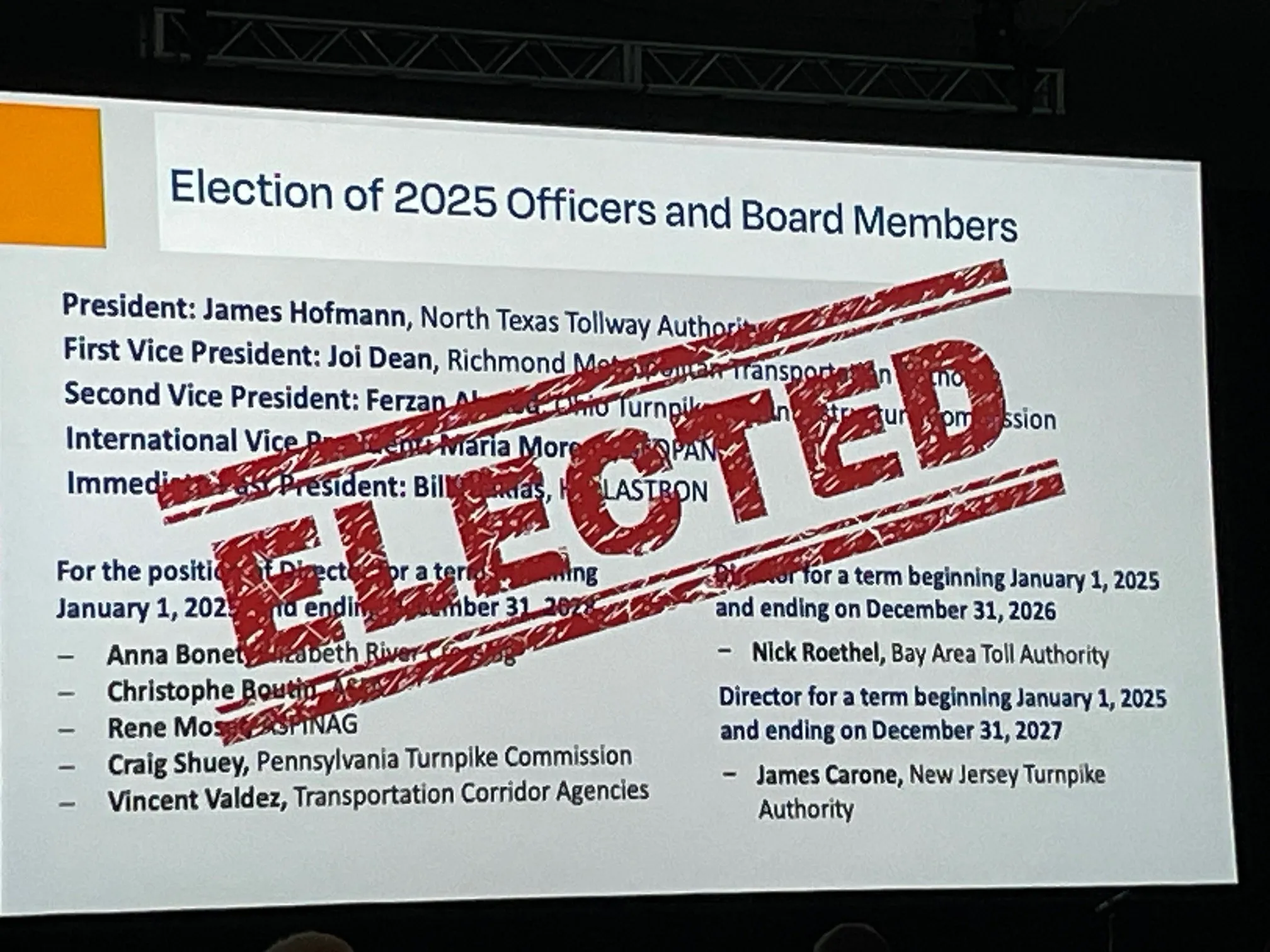California’s Office of Administrative Law has issued a notice of approval of regulatory changes to adopt the ISO 18000-63 (6C) electronic toll collection (ETC) protocol on all roads throughout the state, from January 2019. According to Patrick Jones, chief executive officer of the International Bridge, Tunnel and Turnpike Association (IBTTA), the action helps to advance plans for achieving nationwide interoperability (NIOP). In addition, It also allows states using 6C to become interoperable with each other.
NIOP aims to establish a system in which road users who have established pre-paid toll accounts in their home state can pay tolls on any participating facility in the country.
Since 2010, IBTTA has convened a nationwide Interoperability Committee comprised of toll agencies throughout the country to advance the goal of achieving NIOP. The 6C protocol is currently used in Washington, Colorado, Utah, Kentucky, Indiana, Georgia, North Carolina and Louisiana.
Regulatory changes will take place on the 1 January 2018 as well as a complete phase out of the existing Title 21 protocol by 1 January 2024.
Samuel Johnson, chair of the California Toll Operators Coalition and incoming 2018 Second Vice President of the IBTTA, said: “This is a significant milestone for California in our continued adoption of modern technology and solutions for tolling. Use of the 6C protocol will provide for significant cost avoidance in the acquisition and management of transponders for the 14 agencies responsible for operating California’s tolled bridges, roads and express lanes. This adoption will also accelerate national efforts towards interoperability, paving the way for west coast customers to use their account to pay for tolls when traveling in California, Colorado, Washington, Utah and Oregon.”
California approves 6C electronic toll collection protocol
California’s Office of Administrative Law has issued a notice of approval of regulatory changes to adopt the ISO 18000-63 (6C) electronic toll collection (ETC) protocol on all roads throughout the state, from January 2019. According to Patrick Jones, chief executive officer of the International Bridge, Tunnel and Turnpike Association (IBTTA), the action helps to advance plans for achieving nationwide interoperability (NIOP). In addition, It also allows states using 6C to become interoperable with each other
December 6, 2017
Read time: 2 mins








